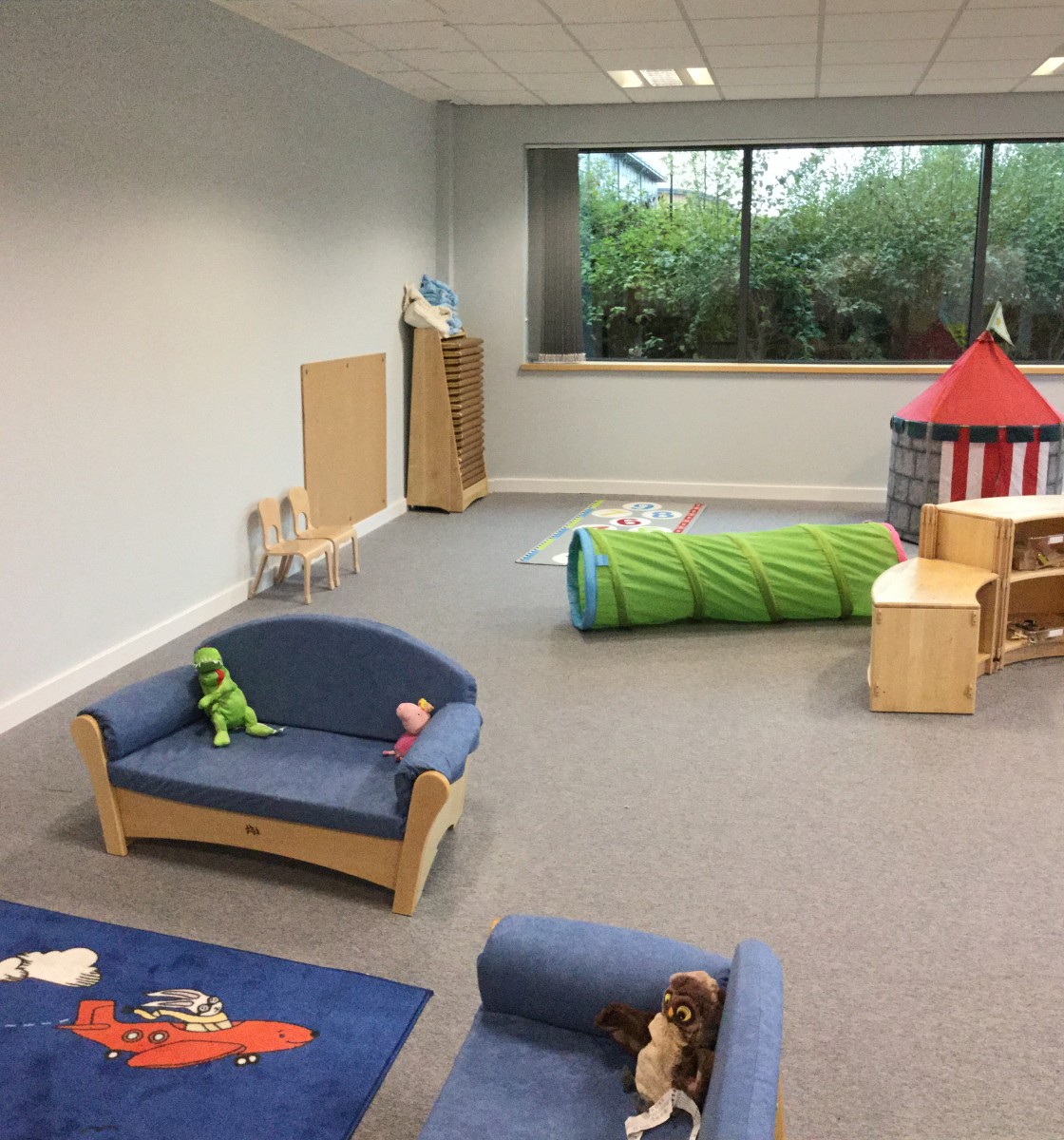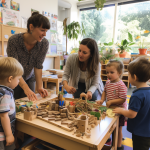The key to being successful in the early years!
Working in childcare is so much more than just playing with the children all day and practitioners and managers both have important roles to play within the setting to help shape little minds into motivated thinkers and learners.
With the responsibility of caring for young children also come regulations, rules, expectations, legislation and basic business necessities. It is sometimes easy to forget about the business needs as well as the children’s needs however they are there and without good business management and early years setting can quickly fail.

Organisation, organisation, organisation….
Each individual working within a childcare setting has a key role to play in achieving and maintaining outstanding levels of practice. The goal posts are always changing in order for a setting to achieve outstanding however the crucial element needed is organisation.
From having an efficient system in office organisation comes to building blocks for all practice. In the office area all the business elements such as accounts, finance and data bases should be stored and regularly updated. If these are kept tidy and organised with limited people have access to them then it is easier to keep them up to date.
Also within the office area should be all the documentation required to meet Ofsted regulations and legislation. These should be easily accessible and again be kept up to date. This is the essential paperwork needed in order to open a childcare setting and remain a safe place for children to attend. Ofsted may ask to see any of these policies, procedures or documents on their visit so having them well organised is important. An Ofsted inspector may not feel that management is competent if it takes them a long time to locate the things they ask for and will definitely not be awarded outstanding if these documents are not kept current and up to date.
Organisation should spread from the office to other areas of the early years setting. This includes rooms and the outdoor space. Rooms and gardens should be well organised to create enabling environments that offer the most valuable experiences to the children who access them. This organisation should not only include the layout of the environment but also the necessary documents to help with promoting development such as planning, observations, tracking and learning journals. If this is left to become unorganised and cluttered important documents can get lost and if they are not accessible may not be completed as often as they should be. These are important to ensuring all individual needs are met and that each child has their development supported and promoted.

Top tips for being organised:
- Folders – Keep important documents grouped together in folders. This may be a folder per key person or per group of policies i.e. Health and safety
- Colour code – Colour coding folders or documents means they are more easily accessible and less chance of things being incorrectly placed
- Labels – All folders, documents and or storage boxes should be clearly labelled!
- Complete learning walks – These can help identify a room which isn’t well organised.
- Time – Dedicate some regular time to updating folders, files and documents. This although may appear to be an inconvenience will save time in the long run and prevent things becoming lost or out of date.
- Wall planners – Keep wall planners up and use them. These open style diaries make it easy to see when updates are due such as fire alarm tests or when appraisals are due.
Keeping an organised setting creates the firm foundations needs to support all children and meet all regulations necessary. This will help to create outstanding practice across the setting and in the long run save a lot of time!







Leave a Reply